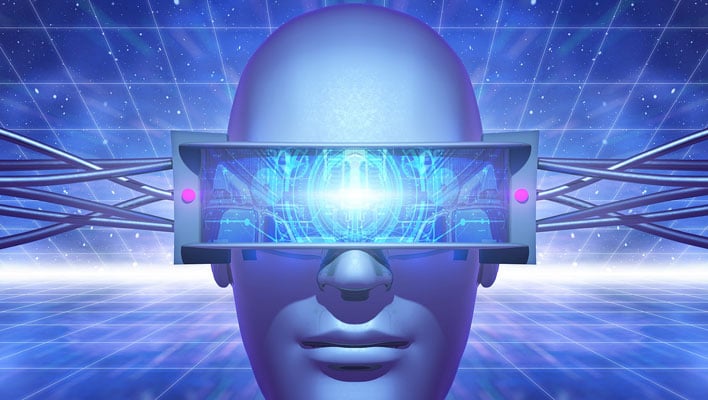Valve's Gabe Newell Sees Brain Computer Interfaces As Future Of Gaming And Our Perceived Reality

Here we are excited about things like ray tracing and the latest game controllers such as the PS5 DualSense with its haptic feedback and adaptive triggers. But folks, when it comes to the future of gaming, Valve co-founder Gabe Newell has some wild ideas. The DualSense might be cool now, but "meat peripherals" will eventually take a backseat to brain computer interfaces (BCIs).
If true, then OCZ was way ahead of its time. Remember OCZ? While best known for its memory and storage products, OCZ dabbled in BCIs over a decade ago with its Neural Impulse Actuator (NIA), which attempted to read a body's natural biosignals and translate them into commands that can be used to control PC games. We found it was a nowhere near as convenient as traditional input methods, but this was also a much earlier era. Technology in general has improved leaps and bounds since then.
According to Newell, a lot of Valve's product design discussions sound like science fiction. That includes work on BCI technologies. In an interview with 1 NEWS, Newell shared some scattered thoughts on tapping into brain signals for future gaming experiences.
"Our ability to create experiences through peoples' brains that are not mediated through their meat peripherals will actually be better than what is possible [now]. You're used to experiencing the world through eyes, but eyes were created by this low-cost bidder who didn't care about failure rates and RMAs, and if it got broken there was no way to repair anything effectively," Newell says.
In essence, he is referring to input devices like keyboards, mice, headsets, game controllers, and the such as meat peripherals. Even monitors fall into that category, from our understanding of what he said in the interview. For example, he brought up a comparison to "The Matrix," in that BCIs will create experiences in people's brains that make the real world seem flat and uninspiring by comparison.
"So 'The Matrix' said, 'Oh, we'll create something that's like reality', and I think with BCIs, fairly quickly we'll be able to create experiences that are superior," Newell added. "But that's not where it gets weird. Where it gets weird is when who you are becomes editable through a BCI."
From a person's mood to their motivation, Newell sees it being editable via BCIs, to some extent. He mostly talked about broad overviews of BCIs, but it is clear this is something Newell, and by extension Valve, have put a lot of thought into.
Will it happen, though? Newell compares the eventual transition to things like Lasik surgery and smartphones. There was a time when neither one was super popular, but practically everyone has a smartphone nowadays, and Lasik surgery is not necessarily the scary proposition it was in the beginning.
What are you thoughts on BCIs? Let us know in the comments section below.

